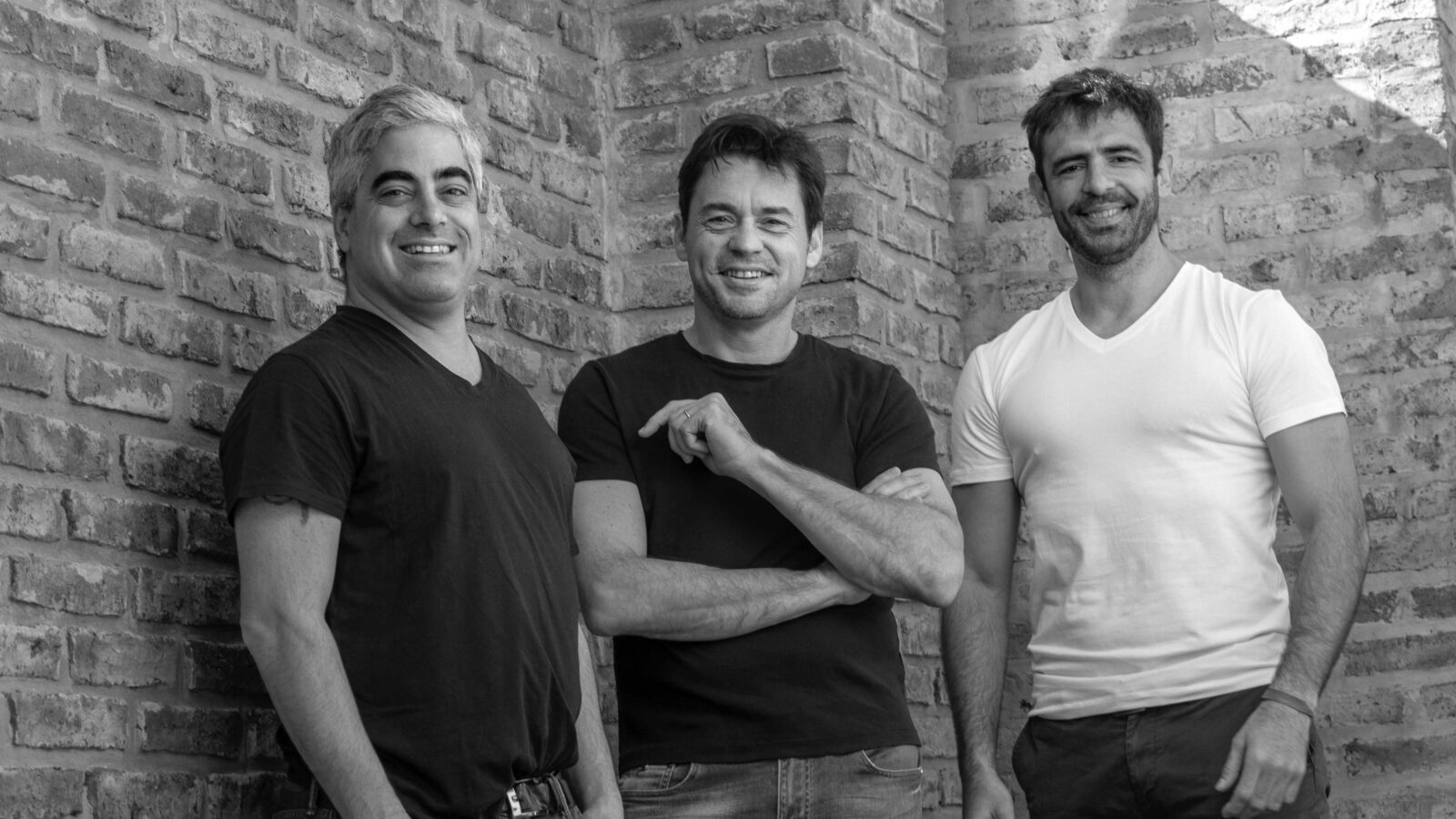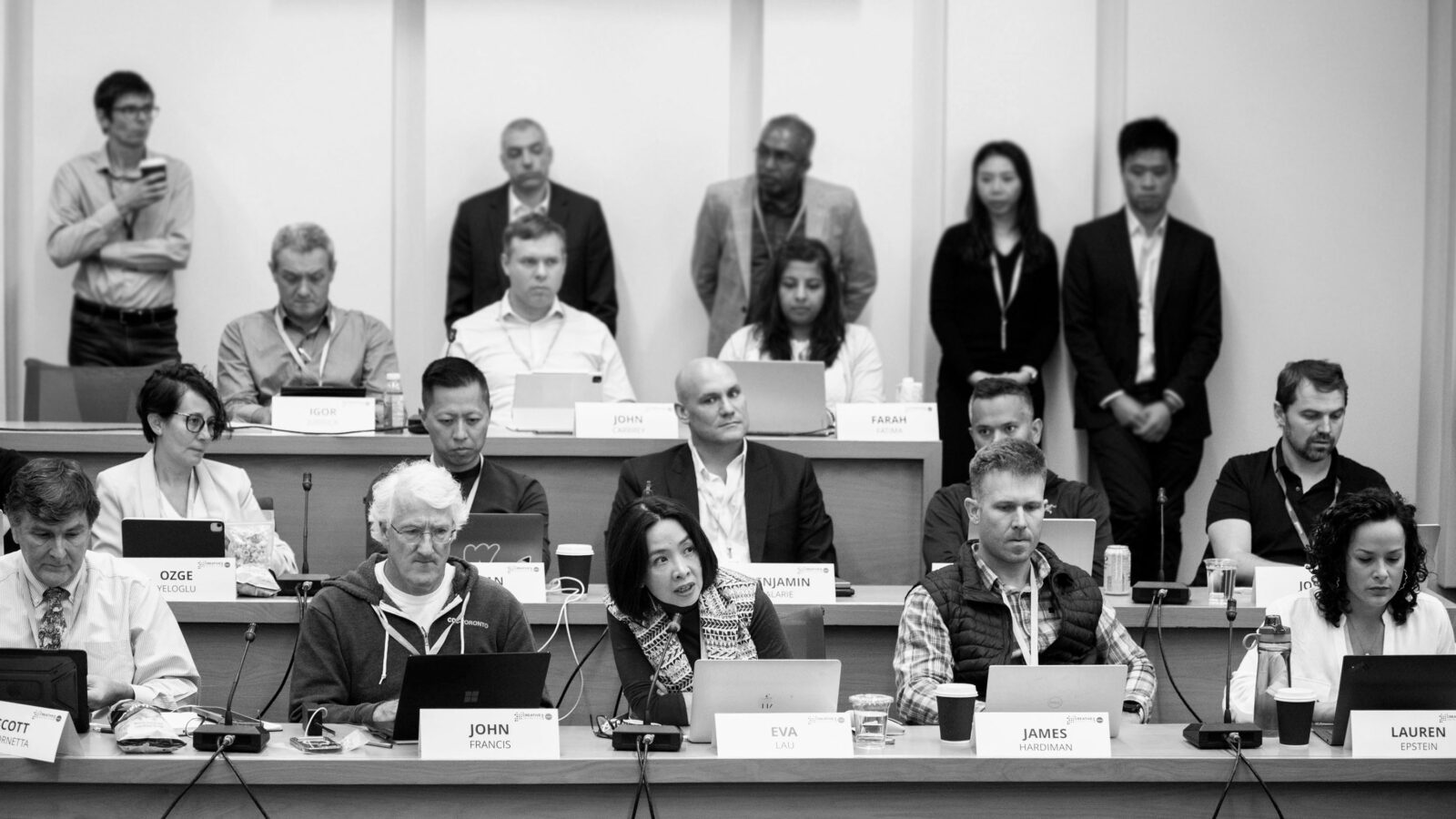At the time Mike Borg and David Singer learned Creative Destruction Lab was launching an Agriculture stream in the summer of 2020, they had no minimum viable product (MVP), no board and no external funding. But they knew of a massive problem and were working quickly towards a massively-scalable solution.
It’s almost impossible to trace where many agricultural products come from. Borg was acutely aware of this from his time working in the cannabis industry. After speaking with a friend, who does quality control for a large grocery chain, about the challenges identifying the sources of E. coli contaminations in romaine lettuce, Mike began to devise a traceability solution that could be relied on as a product changes hands, is transformed or co-mingled and that functions independent of packaging.
“Traceability is difficult because data management is hard. It requires end-to-end coordination and standards adoption with persistent data management efforts for each supply chain stakeholder”, Borg says.
“It’s usually done with handshakes or paperwork, trusting each node in the supply chain is following best practices… The chain of custody is almost always broken to some extent. We needed to start engineering essentially barcodes into our food system.”
His team successfully developed their MVP in September 2020, around the same time they started CDL’s inaugural Ag program.
The company is called Index Biosystems. Borg is founder and CEO; Singer is co-founder and vice president of business development. Their technology uses yeast as a microscopic carrier for biological ID markers that the company calls BioTags. It doesn’t require packaging like barcodes do, and it’s stable in harsh environments, unlike competitive products that use cell-free DNA.
“Yeast is the ideal organism for this kind of technology because it’s inexpensive to produce, doesn’t pose a threat to the environment, and is already used as an ingredient and processing additive in food production”, the co-founders say.
“Our BioTags remove the need for supply chain participants to actively manage data at every node in the supply chain. They persist with the product despite co-mingling and transformation, enabling source of origin identification, regardless of what happens with that product along the way” Borg says. “And that has some really important implications for things like anti-counterfeiting, fraud and food safety.”
Now, at the end of their nine-month journey with CDL, Index Biosystems has $1.5 million in seed-stage investment, two patents pending, a top-tier commercial partner, two new employees, a board and private lab space.
“It’s kind of surprising to say all these things that we’ve achieved in the past year. A lot of momentum can be attributed to CDL,” Borg says.
Singer says the “above and beyond engagement” of CDL’s mentors made a big difference for their venture.
“Our experience with our mentors was that they were genuinely interested in our success,” he says. “They definitely didn’t shy away from pushing us.”
One mentor, Remi Schmaltz, now sits on Index Biosystem’s board. The company’s relationship with lead investor, Vanedge Capital, was also the result of a connection made at CDL.
Borg says that the “forced accountability” built into CDL’s program helped his company start reaching its goals. “Knowing that you’re subject to expert opinion, you’re no longer building this business in a vacuum, which many startups do.”
The time committed to CDL was well worth it because it kept the venture focused, he says. “The point is, it’s there to help you focus on the things you should be focusing on. All of these accomplishments were things that we focused on during our time with mentors in the program.”





